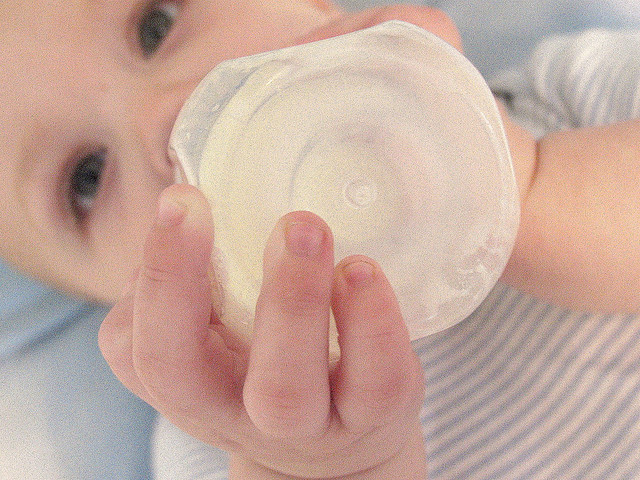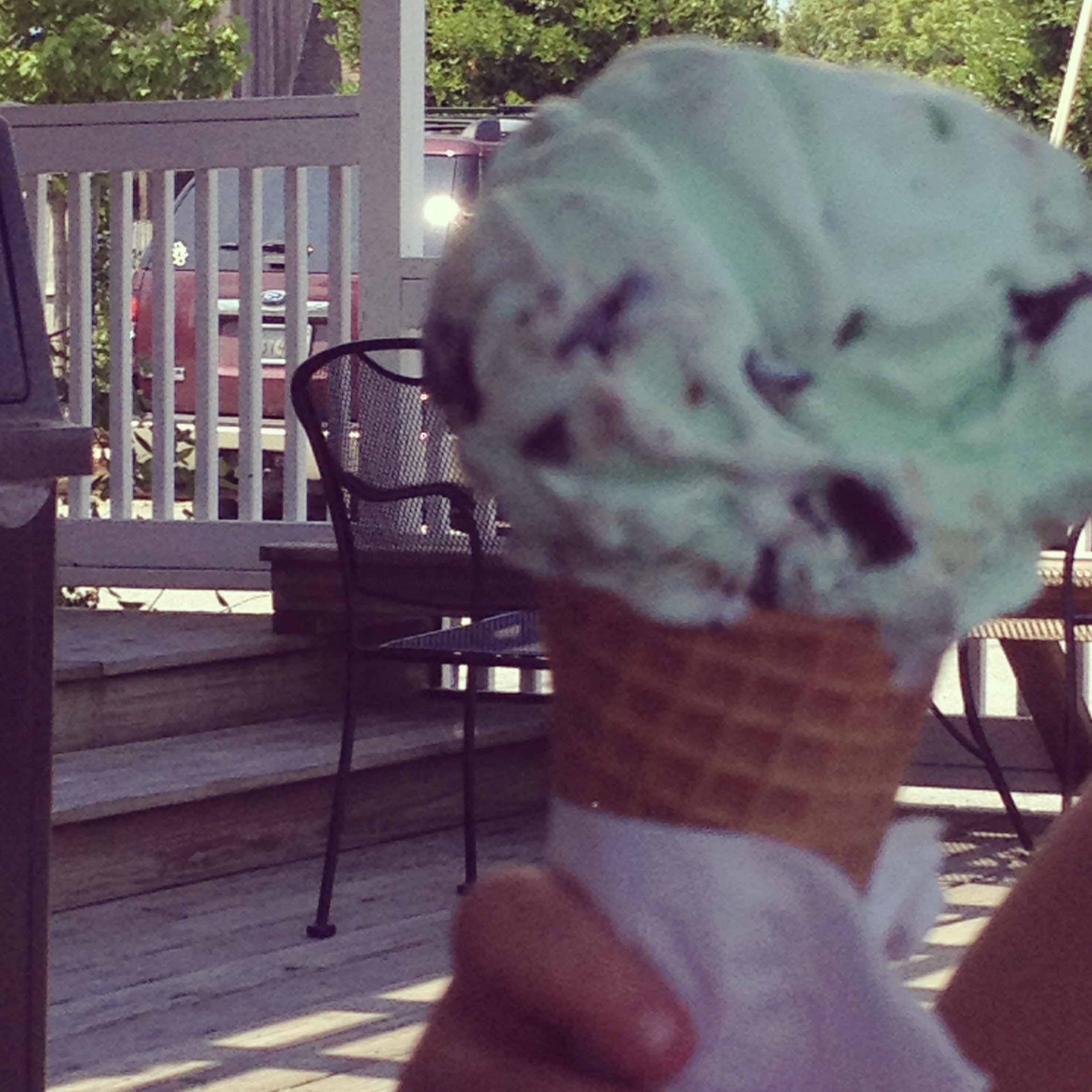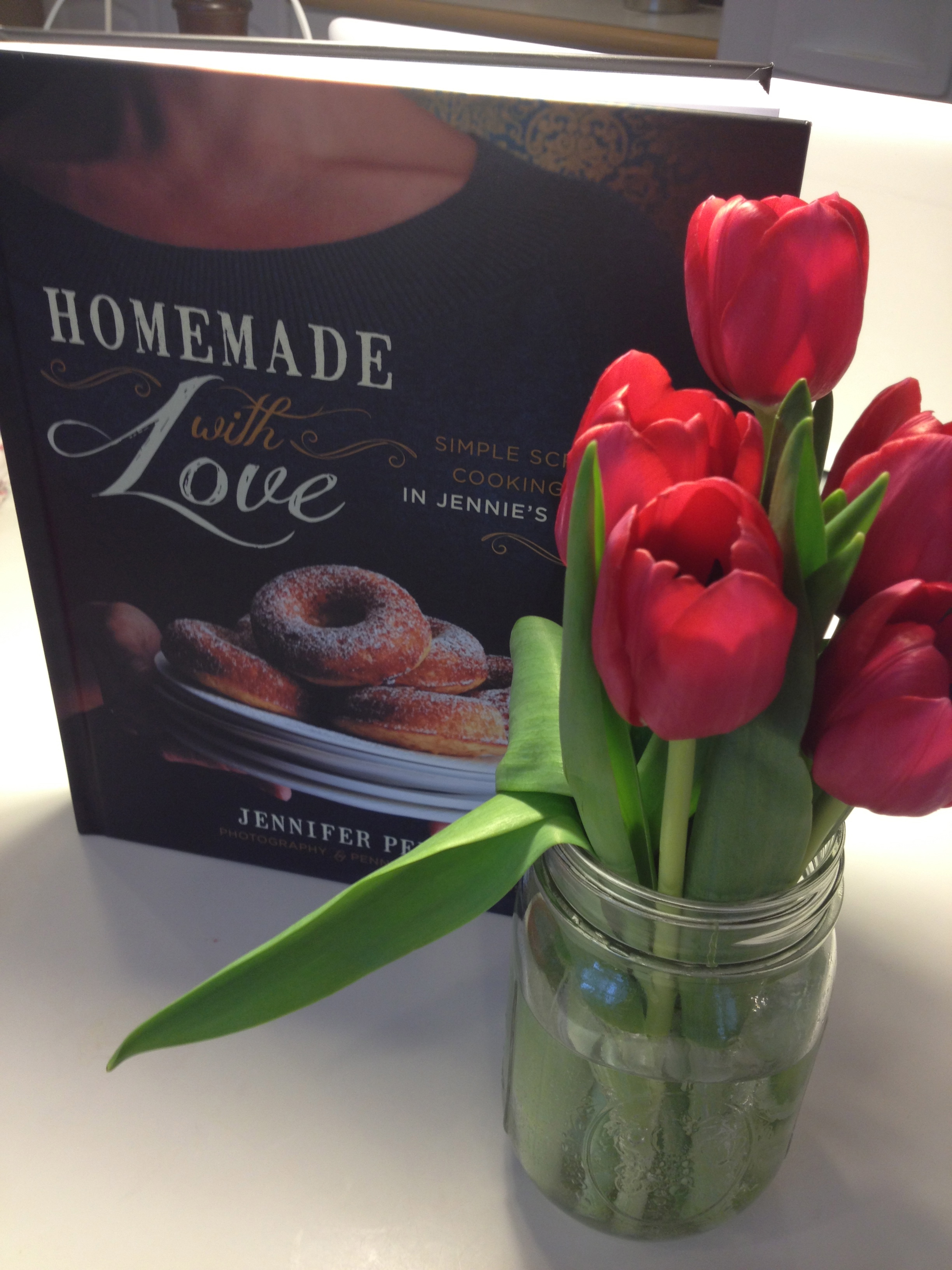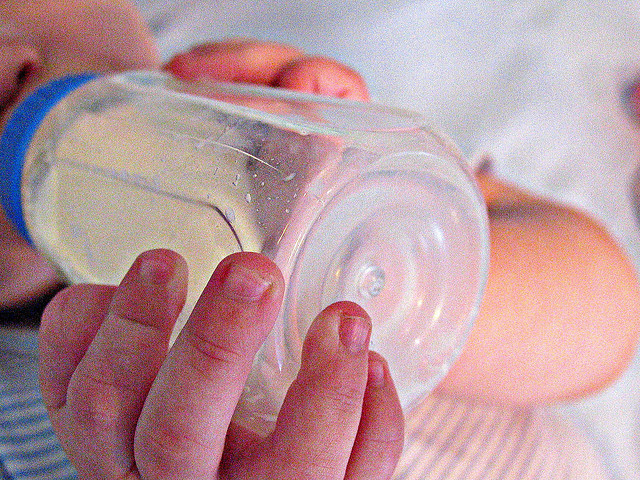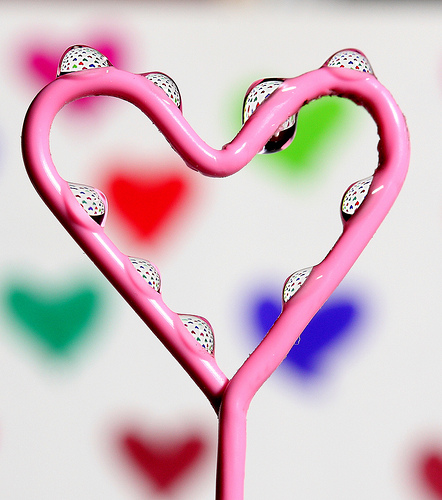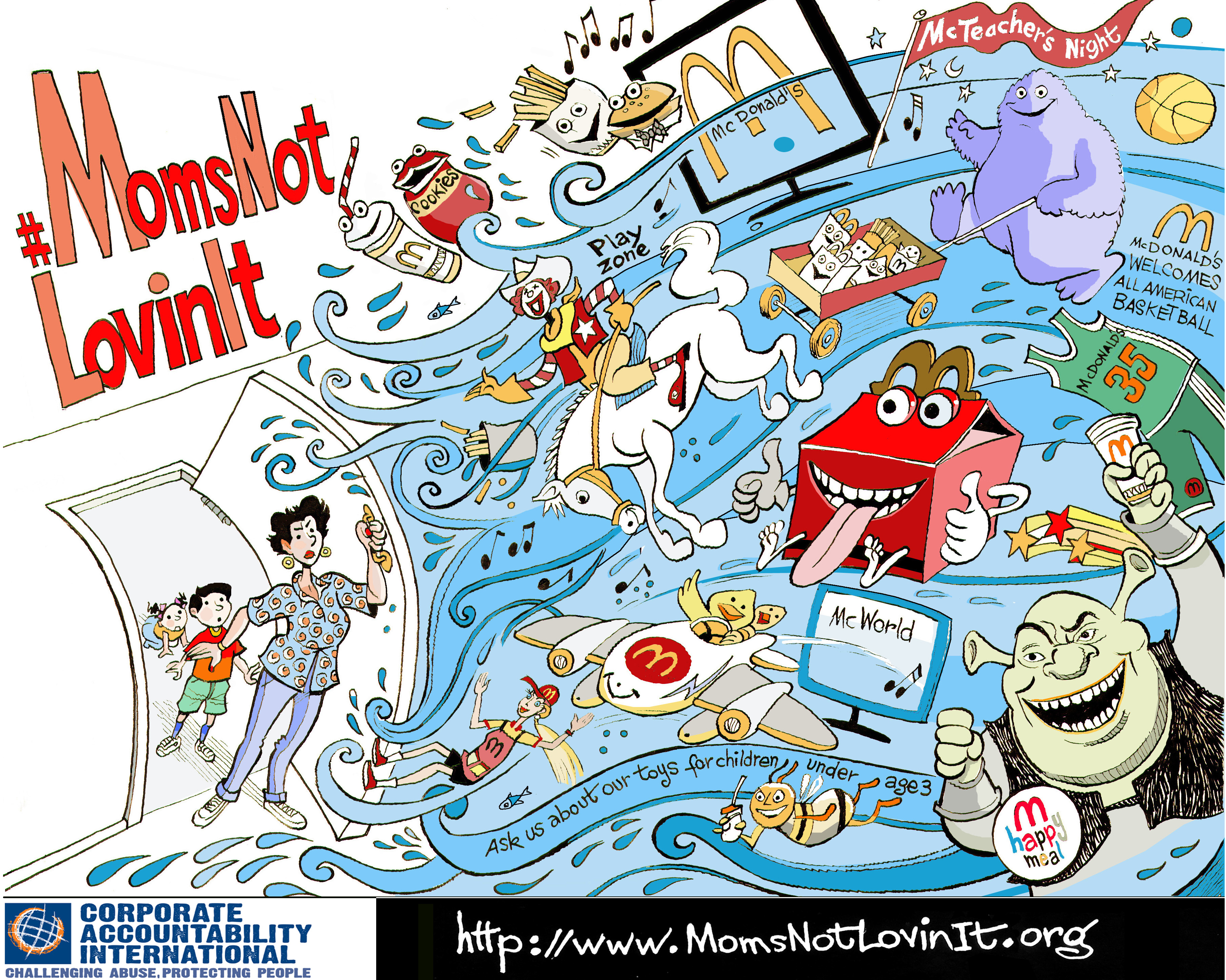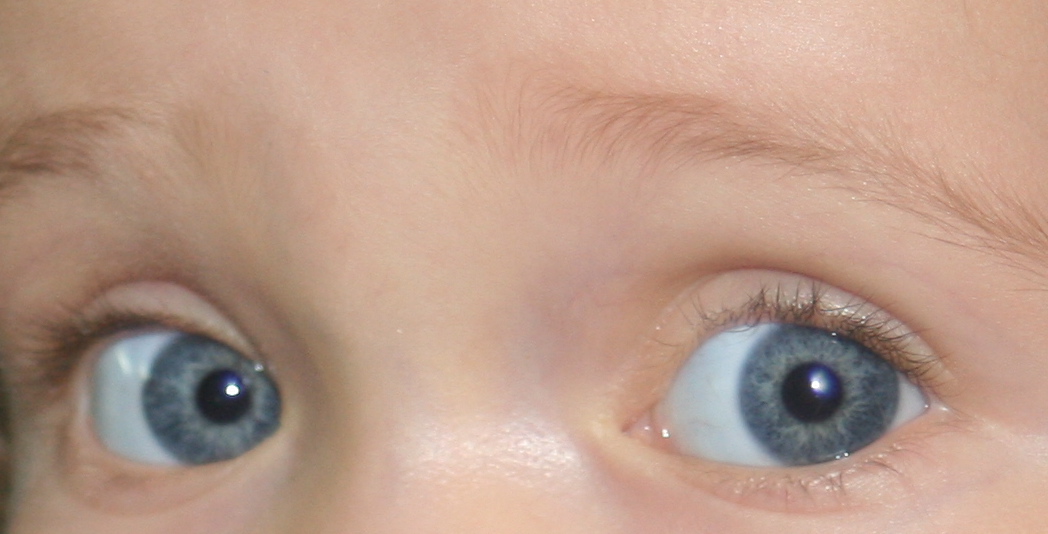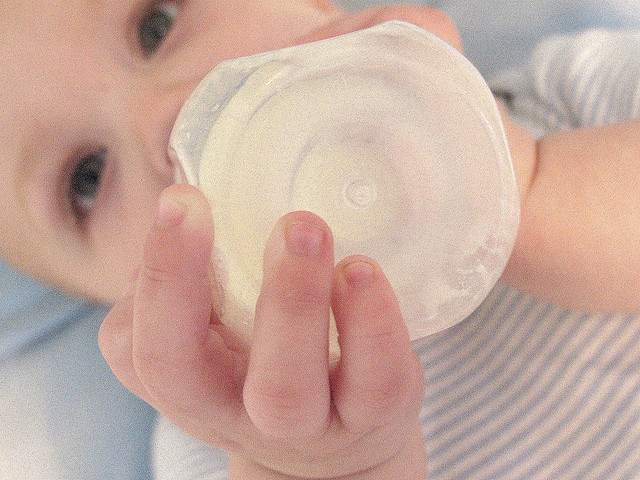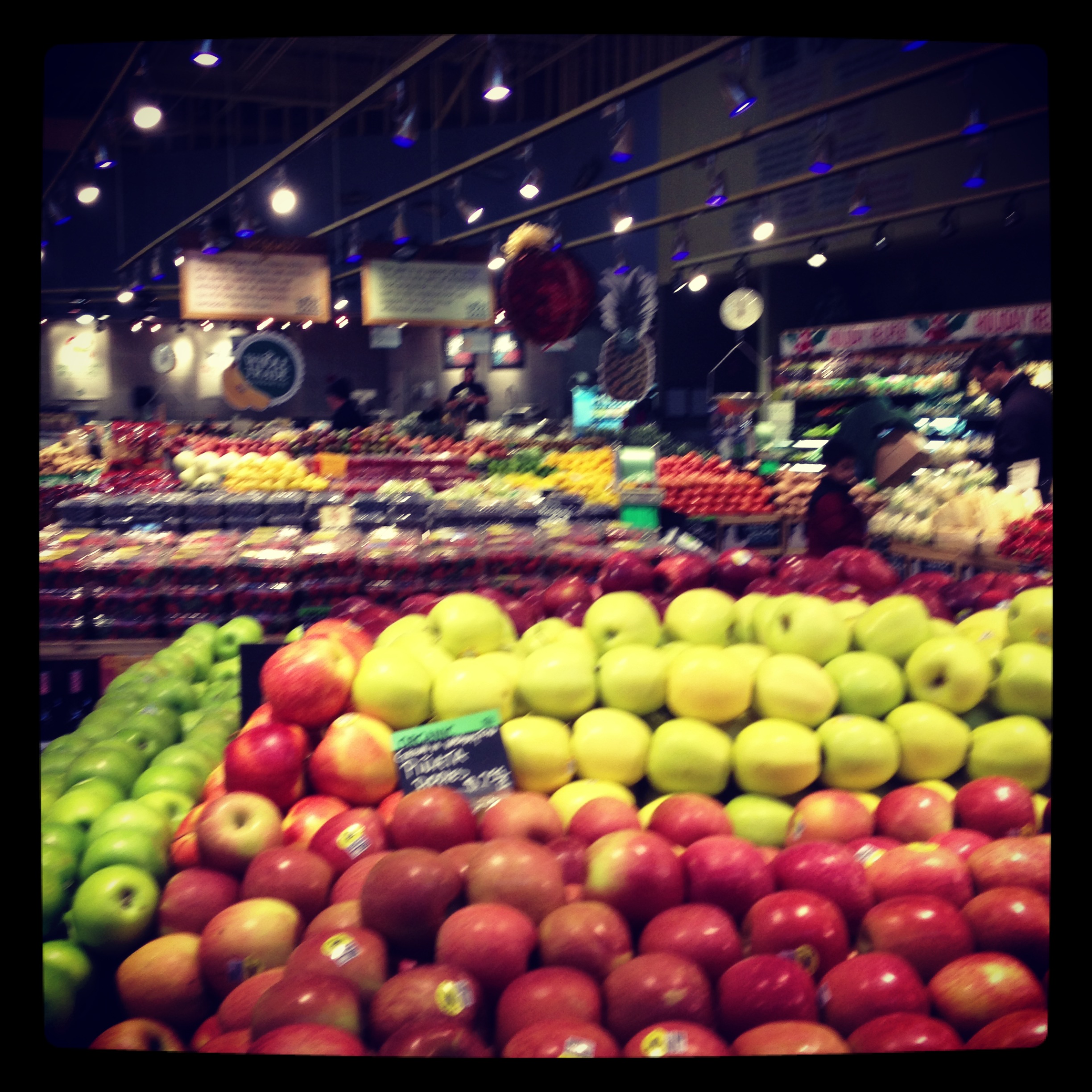All I can say about Amy’s story, below, is THIS. THIS is why breastfeeding support must be secondary to supporting moms, full stop. THIS is why the medical community and the breastfeeding advocacy machine is failing us. THIS is why there are “defensive formula feeders” peppering message boards, attempting to share their truths, and being accused of making up stories and scaring other women out of nursing. THIS is why women are getting angry and fighting back. THIS is why people are starting to think the pendulum has swung so far and so hard that it’s bonked us all in the head and made us stupid. This. This. And THIS.
With the present increased incidence of breast-feeding, clinicians need to be prepared to identify and manage problems in lactation. Most problems are related to insufficient knowledge, inappropriate routines, and lack of confidence and are easily managed or prevented by prenatal education, anticipatory guidance, and adequate support. Increasing evidence exists that primary causes of lactation failure also occur and can preclude successful lactation, even among highly motivated women.
via Lactation Failure Due to Insufficient Glandular Development of the Breast.
It seems that the pendulum has indeed swung too far in the direction of breastfeeding and made it very uncomfortable for moms to choose formula if they do not want to breastfeed their baby for whatever reason.
The Fearless Formula Feeder has posted Amy’s story which speaks to moms who have insufficient glandular tissue. This is a condition that poses problems for moms, who are trying to breast feed.
As a clinician, it is so important to listen to your client and really try to understand the whole picture…a non-judgmental attitude is the key to helping anyone. If you find yourself making judgements, then you should refer your client to someone else…you are not the right helper. This goes for lactation consultants as well as well meaning friends.
I know that there is much more knowledge available since I had my own children but in the 70’s and 80’s there really was more understanding and acceptance of mom’s feeding choices. We may not have been that accepting of breastfeeding in public but that was a minor problem compared to the “bullying” situation we are currently experiencing.
It is not abusive to formula feed your baby and although breastfeeding may be best it is not necessarily the right choice in all cases.
Let’s try to support moms…please!
